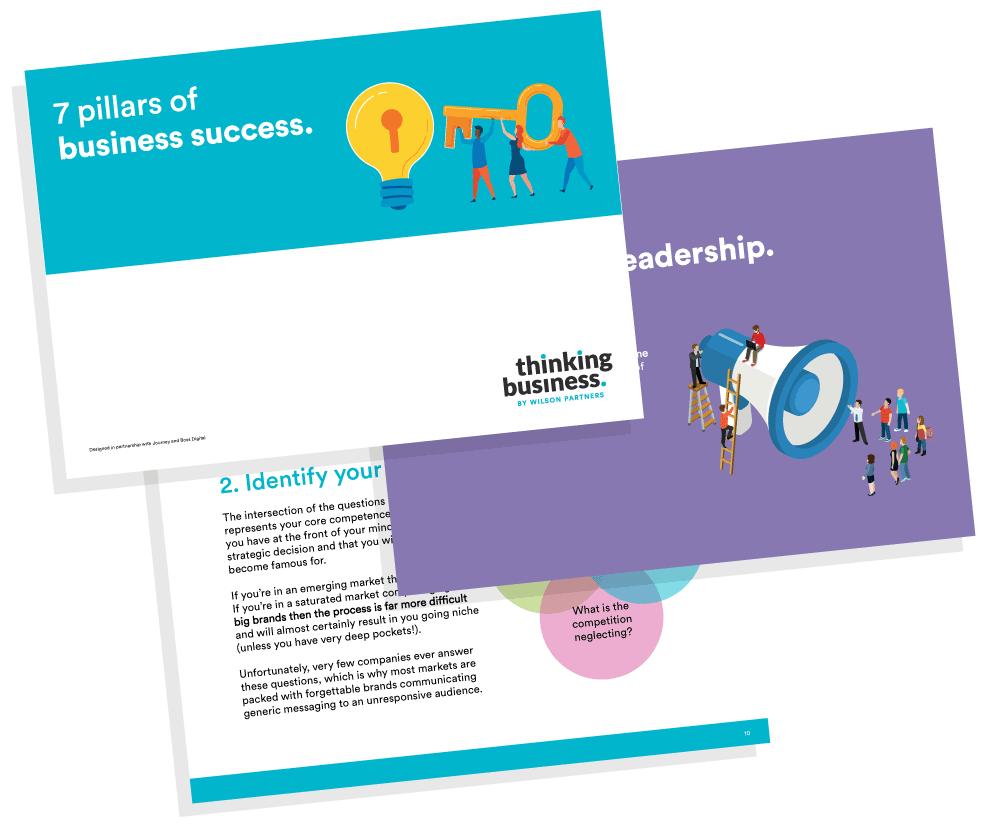
Seeking investment: Debt vs equity
Debt v equity AKA do you borrow or give away a chunk of your business?
Most businesses start off self-funded by the entrepreneur (sometimes referred to as bootstrapping), and possibly with loans and investment from friends and family. Whilst many SME businesses will always grow organically and never take on any external finance, at some point, all owners will face the decision whether to raise third-party funding. This could be for a myriad of reasons:
- To help with peaks and troughs in working capital, especially seasonal requirements
- To finance growth opportunities, especially through acquisition
- Expansion into new markets or product/service areas
- Expand internationally
- Invest in new facilities
- Refinance/reduce the cost of borrowing
- Capital restructuring
- Improve the company’s cash position
What is right for you and your business will depend on a number of factors, why do you want the finance and at what stage in the development cycle is the business at?
The funding landscape has changed considerably in the last few years, what was once the domain of the High Street Banks has greatly expanded to include, specialist lenders with niche and focused products, crowdfunding (Peer-to-peer or P2P lending) as well as new lenders entering the market. However, the broad principles of debt and equity remain the same:
Debt financing involves borrowing money from a lender, to inject funds into your business. You then repay the loan over time along with any fees and interest levied. Depending on the loan product, interest rates may be variable, or fixed.
Debt financing comes in many different forms, such as commercial mortgages, asset financing, business loans, and working capital facilities such as overdrafts and invoice finance. It can be secured against an asset you own, or unsecured. Due to the lower level of risk to the lender, secured debt is generally easier to obtain, and cheaper than equity financing.
Equity financing involves selling a share of your business in exchange for a cash investment. Equity financing does not carry an obligation for repayment, in contrast to a loan. Instead, investors usually receive dividends and share any capital growth.
There are hybrid arrangements, usually referred to as Mezzanine, which has characteristics of both debt and equity and usually grant the lender the right to convert the debt to an equity interest in the company in case of default. The cost of Mezzanine also typically falls between debt (usually cheapest) and equity
Why choose debt?
- You have a reliable cash flow and an established business model
- You have a strong asset base to provide security
- You require funding for longer-term investment and/or to fund working capital
- You prefer to continue being the sole business owner, rather than having a ‘partner’
Why choose equity funding?
Whilst some of the business features when choosing debt are also valid to an equity provider, you may prefer equity funding because:
- You lack collateral (asset base to provide security), or have a limited financial history
- You don’t want to be committed to future loan repayments
- You have growth plans that will cost a lot of money, like expanding your business or entering new markets (you can often raise greater amounts with equity), or you are seeking acquisitive growth
- You would gain from the experience and knowledge that an investor could bring
- You have a proven management team (though debt providers like this also!)
- You have a leading and defensible market position
Whilst there is a natural temptation to resort to one of the plethora of debt products, as secured borrowing is usually cheaper and quicker to obtain, too much debt can risk the stability of the business and, as the debt pile increases, the marginal cost of raising more can outweigh the cost of equity. After all, once the business’ collateral is fully pledged, or has become diminished, the lenders are assuming an equity risk and will require appropriate returns to compensate them. It is also important to match the funding to the project, short-term capital should not be used to fund-long term plans, the reverse is also true. So don’t use a temporary overdraft facility that suits a seasonal working capital requirement to fund the acquisition of a new fixed asset.
On a funding journey, you don’t need to decide on either debt or equity, it is likely at various points you will need both, and the task is to get the mix right.
Invest in advice
Corporate finance advice along the business journey is critical. Remember that it is advice, and that good independent advice is invaluable. Advisers have experience of many businesses, whereas entrepreneurs may just have experience of the one they are in.
At Wilson Partners, as well as providing day to day accounting and business advisory services, we also have an in house business valuations team and a Corporate Finance team giving us the ability to advise clients through the full exit journey ensuring a smooth process and realising as much value as possible. For more information, why not get in touch for an informal chat.
Event
Webinar – Changes to the UK Trust Registration Service, May ’22
A short webinar and Q&A session with our Trust specialists Jodie Green and Sara Pedrotti. You can view the video and download the presentation here.

Download our free guide to the 7 pillars of business success
Read our free guide what you need to focus on to help you make better decisions and achieve your goals quicker.
Please complete our form to download the guide.
Sign up to receive alerts
Call us on 01628 770 770 for a no-obligation chat
You may also be interested in...
Eight centuries wasted waiting for HMRC to pick up the phone
Can you imagine waiting for 800 years for an appointment? How about 30,000 days or 7 million hours? That’s how long, collectively, taxpayers reported…
Meet the team in 90 seconds – Tyron Reinecke
Introduce yourself I am a Senior Manager within the Corporate Finance Team as well as the South Africa Office Lead. Describe your role at Wilson…
Meet the team in 90 seconds – Stefan Botha
Introduce yourself I am a Corporate Finance Manager within the Corporate Finance Team at Wilson Partners. I joined the well-versed and dynamic team…




